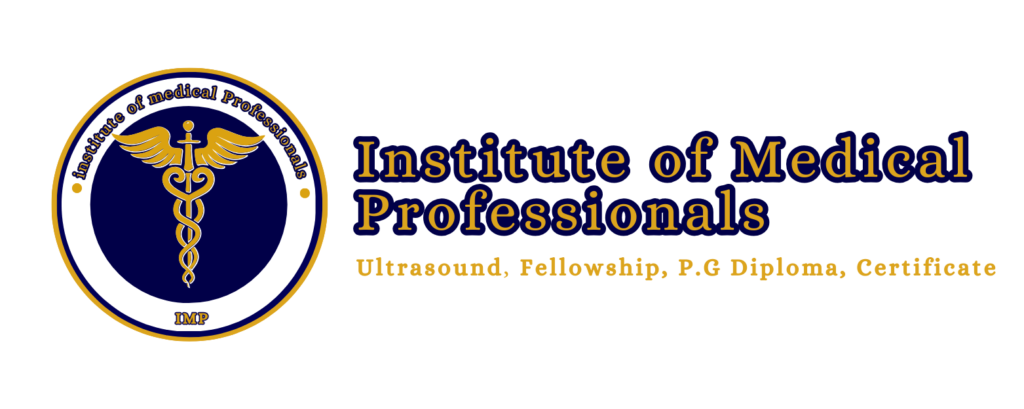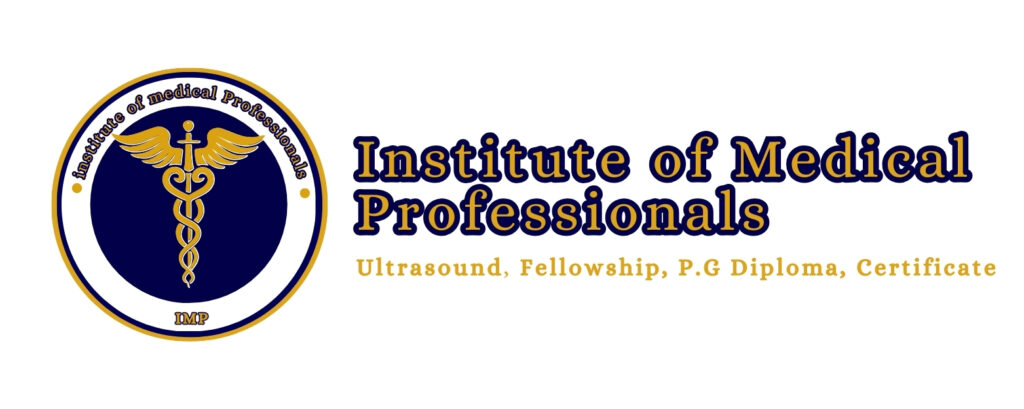Certificate in Reproductive Medicine
About Course
The Certificate in Reproductive Medicine is designed for healthcare professionals interested in specializing in fertility and reproductive health. This course provides in-depth knowledge of the biological, clinical, and technological aspects of reproductive medicine. Participants will explore the diagnosis and treatment of infertility, the use of ART, and reproductive endocrinology. By the end of the course, you will be able to implement reproductive health strategies, advise on fertility treatment options, and engage in ethical reproductive practices.
What You'll Learn
The Certificate in Reproductive Medicine provides a comprehensive understanding of reproductive health, fertility, and assisted reproductive technologies (ART). By completing this course, you will learn:
- Fundamentals of reproductive anatomy, physiology, and endocrinology.
- Diagnostic tools and techniques for evaluating fertility.
- Treatment options for male and female infertility.
- Assisted reproductive technologies such as IVF, IUI, and embryo transfer.
- Ethical considerations in reproductive medicine.
- Management of reproductive disorders like PCOS, endometriosis, and recurrent pregnancy loss.
- Role of genetics in infertility and reproductive health.
- Fertility preservation techniques and options.
- Counseling strategies for patients undergoing fertility treatment.
- Latest advancements in reproductive medicine and emerging technologies.
Course Duration
3 months (including flexible online modules and practical case study assessments).
Requirements:
- A medical degree or relevant healthcare background.
- Basic understanding of human anatomy and physiology.
- Interest in reproductive health and fertility care.
Course Modules
- Introduction to Reproductive Medicine
- Overview of reproductive health, anatomy, and physiology.
- Fertility Assessment and Diagnosis
- Techniques for evaluating male and female fertility, including hormonal assays, imaging, and semen analysis.
- Management of Female Infertility
- Causes of female infertility and treatment options including ovulation induction and surgical interventions.
- Management of Male Infertility
- Understanding male infertility factors and treatment options like varicocele repair, sperm retrieval, and hormonal therapies.
- Assisted Reproductive Technologies (ART)
- In-depth look at IVF, ICSI, IUI, and other ART procedures, including lab techniques and patient management.
- Endocrinology of Reproduction
- Hormonal regulation of the reproductive system and its role in infertility treatment.
- Reproductive Genetics
- Role of genetics in infertility, preimplantation genetic diagnosis (PGD), and genetic counseling.
- Ethical Considerations in Reproductive Medicine
- Ethical and legal issues surrounding ART, surrogacy, and reproductive rights.
- Fertility Preservation
- Techniques for preserving fertility in patients undergoing cancer treatment or those delaying childbearing.
- Counseling in Reproductive Medicine
- Psychological and emotional support for patients undergoing fertility treatments, dealing with loss, and making informed decisions.
Course Design
This course is delivered through a blended learning approach, including online lectures, practical case studies, interactive discussions, and self-study modules. Participants will have access to video demonstrations of ART procedures and opportunities to engage in clinical case simulations. Assessments include quizzes, case reviews, and a final project.
Who This Course is For
- Healthcare professionals such as gynecologists, urologists, endocrinologists, and fertility specialists.
- Nurses, midwives, and other medical personnel involved in reproductive health and fertility care.
- Individuals working in fertility clinics or reproductive medicine centers.
- Students and professionals looking to expand their knowledge of reproductive health and ART.

